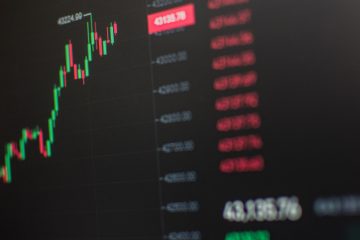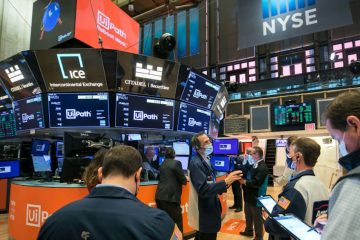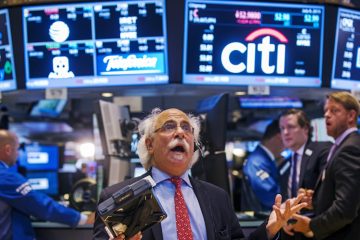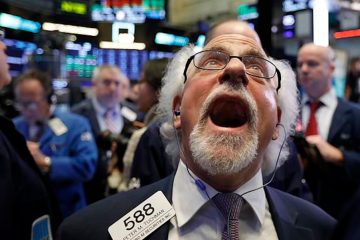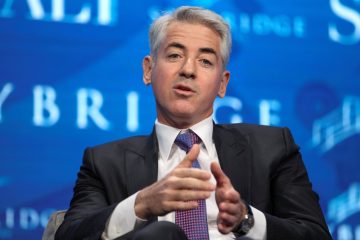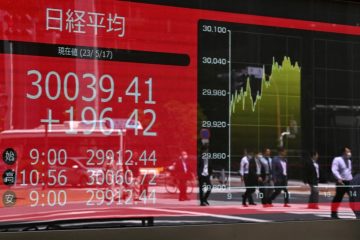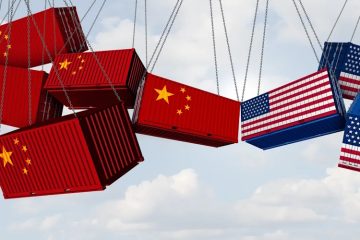Warren Buffett witnessed the unexpected surge in the Japanese stock market
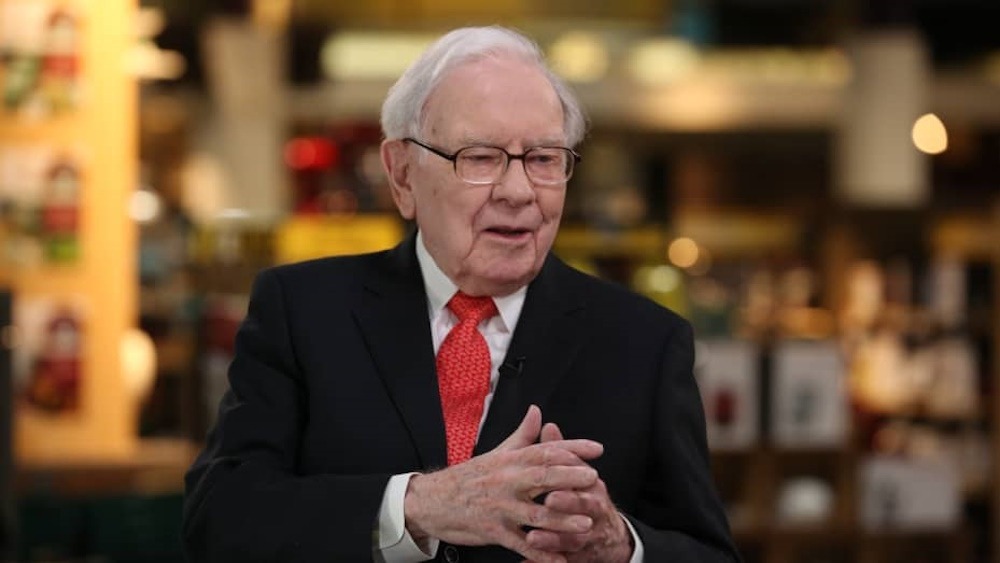
Prior to their recent recovery, Warren Buffett was a Japanese stock investor. It wasn’t until August 2020 that Buffett’s Berkshire Hathaway disclosed its 5% ownership in five Japanese trading firms. Since then, Berkshire has expanded its holdings in several more companies, including Itochu, Marubeni, Mitsubishi, Mitsui, and Sumitomo.
Berkshire Hathaway’s investment picks in Japan have paid off. They have outperformed the S&P 500 and the Nikkei 225 stock average in Japan in terms of returns, including dividends.
The S&P 500 has gained 53% since the market closed on August 28, 2020, before Berkshire revealed its investments, as reported by FactSet. Alternatively, the five companies’ yen returns vary from 185% for Itochu to 402% for Marubeni.
Berkshire now owns approximately 9% of each, according to Buffett’s annual letter to shareholders, which was published on Saturday. He estimated that by the end of 2023, Berkshire had amassed $8 billion in unrealized gain from the five.
“He’s made a fortune in those names,” remarked Eric Lynch, a managing director and portfolio manager at Scharf Investments. “The S&P 500 has been far outpaced by them.”
In 2020, Berkshire claimed that its debt was denominated in yen, limiting its exposure to changes in the yen-dollar exchange rate. The Omaha, Nebraska, firm stated it had bought its shares on the Tokyo Stock Exchange in installments over the course of a year.
Berkshire started purchasing the Japanese equities on July 4, 2019, according to Buffett’s letter from Saturday.
The current size of Berkshire requires a great deal of patience and a long period of ‘friendly’ prices in order to develop positions through open-market purchases, he added. A battleship can be likened to the procedure.
According to Buffett, these companies practice shareholder-friendly strategies, such as offering significant discounts on the number of outstanding shares and reinvesting retained revenues to expand their operations.
“Our investment has the potential to open doors for us to form partnerships globally with five enormous, professionally run, and highly regarded businesses,” he added, adding that this would be an extra perk for Berkshire.
For a long time, the Japanese stock market was in a rut. The Nikkei 225 was trading almost 40% lower than its record closing from December 29, 1989, when Berkshire revealed its investments.
A time known as Japan’s lost decades began with a real estate and financial market bubble in the past. Productivity fell while healthcare and pension costs rose as a result of Japan’s aging population.
The Japanese stock market has recovered. Propelled higher by predicted corporate profits that are about quadruple those of a decade ago, it achieved its first record in 34 years last week. Taking advantage of global inflation, Japanese corporations have raised prices and sold off underperforming operations.
At the time of Berkshire’s initial investment disclosure, four out of the five companies were trading at significant discounts to their 2007 and 2008 closing prices. (In comparison, itochu share prices hit a new high earlier in 2020 and again on the same day of the announcement on August 31.)
On Thursday, FactSet reported that the five firms’ shares held by Berkshire were valued at $23 billion.
Buffett discussed the Japanese companies’ profits and dividend payments, along with Berkshire’s acquaintance with them, during the most recent annual meeting of Berkshire in May.
“Here were five extremely large and easily comprehensible companies,” he remarked. We were familiar with how they worked and everything. It was completely unsubstantiated. Simultaneously, through funding, we may eliminate currency risk.
Last year, Buffett and Greg Abel—who is in position to succeed Buffett as chief executive and controls Berkshire’s noninsurance businesses—met with the CEOs of the five companies in Japan. Berkshire announced an increase to its investment in the companies in June, with Buffett and Abel aiming to own 9.9% of each in the future.
Without board approval, Buffett has stated that Berkshire will not acquire more than 9.9 percent of any company.



